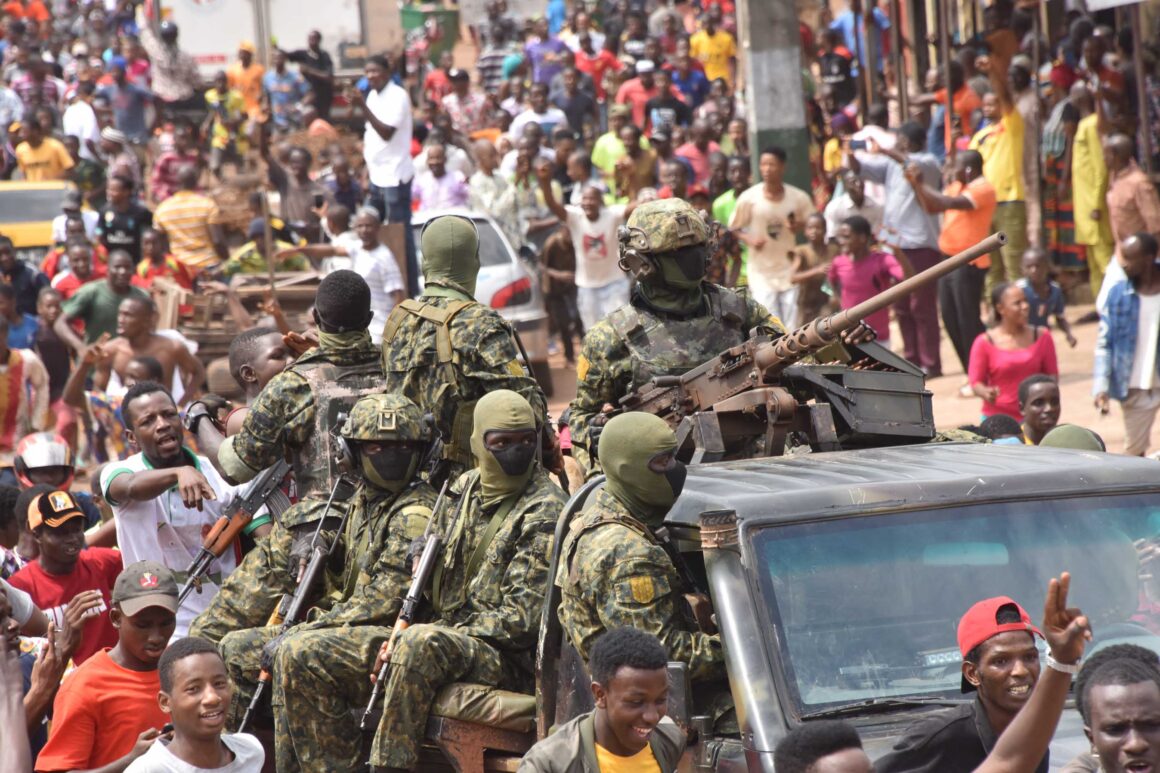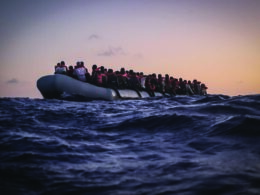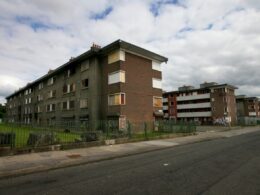By Chris Stewart
Over the past three years a wave of military coups has hit the Sahel, the region where the southern boundary of the Sahara gives way to sub-Saharan Africa. These coups have occurred in former colonies of France such as Mali, Burkina Faso, Guinea, Chad, and more recently Niger. Gabon in Central Africa has now also followed suit.
Since 2011 this region has been a warzone. The fallout of imperialist interventions in North Africa unleashed armed extremist groups in the Sahel, exacerbating ethnic conflicts in a region where climate change and desertification is putting pressure on land and resources.
France has used this as an excuse to build a large military presence in the region, seeking to protect its own imperialist interests, but has been unable to achieve victory. The new military coup leaders have demanded that French troops leave immediately, and have sought to forge stronger links with Russia and China, signalling a wider process of geopolitical realignment in the region.
A blow to French imperialism
France has kept a strong grip over its former colonies into the 21st century through political manipulation, military intervention and financial control. For example, the French treasury maintains control over the currencies of fourteen Western and Central African countries. This arrangement gives French corporations a privileged position to plunder the immense natural wealth of the region; extracting gold, uranium, fossil fuels etc, while the vast majority of people are condemned to live in poverty.
This extractivist regime is held in place by corrupt leaders who act as puppets of French imperialism. In the recent past, France has also deployed special forces in the region explicitly to protect the interests of its mining companies. The recent coups are a significant blow to the interests and prestige of French capitalism, which is dependent upon this parasitic relationship with Africa. In 2008 former French President Jacques Chirac said: “Without Africa, France will slide down into the rank of a third world power”.
“La France doit partir”
These developments in part reflect an intense hatred of French imperialism that has been bubbling under the surface for years and now finds open expression in mass anti-France protests across the Sahel. This sentiment has intensified due to the economic crisis in the region. High levels of unemployment and the devastating impact of inflation (particularly in food and energy) have brought a sharp downturn in living standards for ordinary people.
In the absence of an independent working class organisation that could lead a struggle against poverty and inequality, the military leaders are filling the void. At this stage they are forced to base themselves on a popular movement against neo-colonialism. For now the coup leaders have significant support – for example in Niger one study suggests 78% of people support the coup.
In reality however the top layers of the new military regimes have themselves profited off the same system of exploitation for years. The short experience of the coups in Mali and Burkina Faso have shown these coup-leaders are unwilling and unable to address the root of the poverty plaguing the region: profiteering and looting by big corporations. In Mali, the military regime has even openly attacked striking workers.
Another front in the New Cold War
Under conditions of a global capitalist crisis, the imperialist powers are intensifying their efforts in the new scramble to exploit Africa’s resources and markets. The established powers of the US, France, Britain and Germany now find themselves facing competition from Chinese imperialism – which has become Africa’s biggest trading partner and has set up factories across the continent to exploit the labour power of African workers.
The turn of the coup leaders towards Russia reflects the wider geopolitical shifts taking place in the world today as two rival imperialist blocs coalesce around the US and China. However, there should be no illusions that Russia, nor China for that matter, represent a real alternative. They are intervening on the continent purely in pursuit of their own imperialist interests. Russia for example, which has a military presence in the Sahel through the Wagner private military company, has spent its time in the region enriching itself by plundering goldmines in Mali.
The desire of workers and young people to free themselves of the poverty and violence wrought by capitalism cannot be realised by replacing the role of one set of imperialists for another.
Workers everywhere must oppose invasion
In response to the Niger coup, the Economic Community of West African states (ECOWAS) threatened to invade the country if the coup leaders did not step aside. With military leaders in Mali and Burkina Faso pledging their support to the coup in Niger, it seemed like a wider war in the region – one that would draw in France, Russia and possibly even the US and China – was inevitable.
Since then, however, mass protests of workers and young people against invasion have exploded across the region. Splits within leading ECOWAS states such as Nigeria have emerged over this question, reflecting the fears of the ruling class that war could ignite a wider social explosion that could spread across Africa.
While the outbreak of war has been stalled, the pernicious role of the competing imperialist blocs in the region means that conflict cannot be ruled out. ISA members in the region are engaged in the urgent task of building a movement of workers and youth to oppose the threat of war.
Such a movement is the only force that can stop a disastrous conflict from emerging. Workers and young people entering the arena of struggle can lay the basis for a powerful revolutionary force to emerge that could challenge capitalism and the plunder of imperialism. Such a force could quickly spread across Africa, inspiring workers worldwide.












